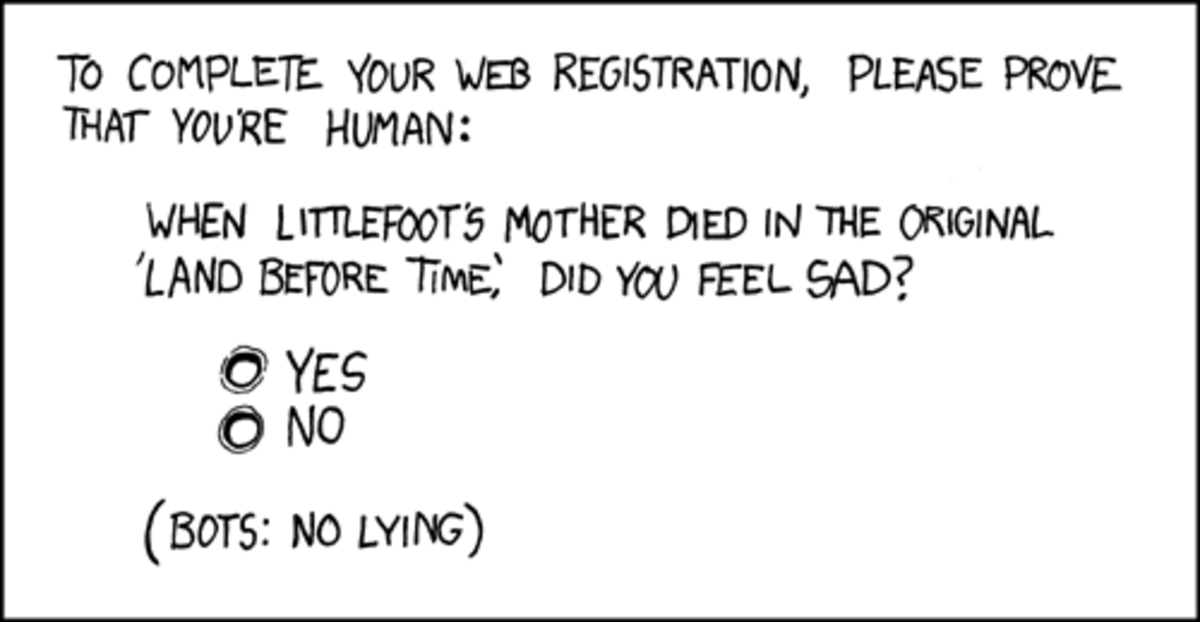Searching On The Internet: Not Quite A Walk In The Park

INFORMATION generation is growing every day and the internet provides a lot of information on different subjects. Of course, there is a chance that one may end up wasting one's time in searching a particular topic. When students are given assignments or group tasks, they use popular search engines for finding specific information without knowing the working mechanism and types of search engines.
Mostly they their waste time while surfing on the internet, following a link from one website to the other. This way, they remain unfocussed and end up getting lose on the internet. This leads to frustration when they are unable to find the information they need. Thus, it is a need of the hour to carry out the process systematically, so the results will be reliable, authentic and will ultimately fulfill the requirement.
Using search engines
The internet is growing rapidly which is why it is quite difficult to locate information about specific things and the means to find it. It is quite difficult to find relevant information through one search engine or with a single click of a button. The process requires a systematic approach and for this reason, the following tips will be helpful in finding the required information from the internet:
- The first and foremost thing is to write down the problem statement clearly in order to have a clear idea about the information required. The problem statement will reflect what the surfer is looking for. Therefore, it is important to write things in a clear language as well as the keyword selection and alternative keywords which are required to be written in advance. For example, constructing phrases like "what is Artificial Intelligence?", "how to write the lisp program?" and so on will be helpful.
- After defining problem, one has to identify reliable sources of information as it is quite possible to get lost in the quagmire of unwanted information. Resources can be encyclopedias, academic websites, virtual libraries and other web portals. For example, you are looking for the conquests made by Alexander the Great but if you have opened links which display the movie, then that search is of really no use to you. A simple search will provide hundreds of millions of pages and the most appropriate way is to narrow down the search by specifying format for better results because information on the internet is placed in various different formats. These are the MS Word format, portable document format, etc., but most of the content is in the hypertext format, in which documents are attached through text links.
- After deciding potential resources and formats, it is important to select the search tool with utmost care, as reliable search engines are supposed to deliver only the necessary information. There are different search engines which are categorised, according to the type of information they return or fetch.
- Just like a mason has to acquire skills for using his/her tools, in the way, the skill for using search tools to extract knowledge/information from the internet is also required. Different options to include or exclude specific term/word within results are only possible when you know the operation of search engines, their work and the type it provides to extract information.
- Checking the reliability and validity of the content, and its authenticity is more crucial in the search process.

Different search engines
It is better to know the working of search engines and their production when the process is initiated. The values each search engine returns depends on the way it works and the way it behaves when some search phrase is given. Following are types of search engines, categorised according to their way of working as well as what they are going to return in our search response.
1. Directories: They provide reliable and authentic results and these are managed by human experts. That's why these are known as reliable sources of knowledge. Directories are categorised according to different subjects or fields such as Yahoo! Looksmart, etc. The general topics will be returned and sponsored and so commercial links will be listed on top.
2. Indexing search engines: They search their own database which is generated by surfing the content that is available over the internet. The keyword is used for retrieving information. All web pages which contain that keyword will be returned so different formats can be selected and located where the keyword may have appeared. They include: Google, MSN and Altavista.
3. Specialised databases: These databases are designed for a particular purpose. The search results are sent to every user by email such as AcademicInfo and Librarian's Index.
Specific search strategies
These are a set of activities, which will help in accomplishing the target on an overall objective of searching. In this way, the following activities will play an important role in making the task easy, specific and reliable.
- The search topic should be generalised: Generalisation of topic suggests finding general terms to locate specific queries. Often, we use technical terms for the search but it has to be kept in mind that for an easier and reliable search, the web directory resource can be referred for locating information. For example, if some one is looking for the term "neural network" in a dictionary or in a web-based dictionary, one can find related fields for this term by finding synonyms or the root word.

Listing synonyms
It is important to have synonyms of keywords because in other countries, people use different words for the same thing which might be not in use in other countries. It is a common practice in USA to use elementary terms for "primary" in Australia. In the same manner, other objects and things also carry different identification names.
- Finding alternatives: The result of any search query reflects different alternative keywords and it is always better to look for these in the results as the same can be used to retrieve information from the net. As human beings, we are intelligent enough to provide alternatives on our own or we can describe the term in different ways. On the other hand, computers cannot do the same. Therefore, we can find desired information by changing keywords according to the response of the computer.
2. Proper use of Boolean operators: The basic function of Boolean operators, that is, AND(+) and OR include or exclude information from the results. The operators which most search engines support are: AND, OR and NOT. The purpose of the "AND" operator is to find information, which must have both words in the results. For example, if someone is interested in finding entries starting with Bush + USA, this query will provide results which contain both these words. In the same manner, the "OR" operator will be used to retrieve either of the words from keywords. For example, USA OR UK will return results which have either one of the two words. In the same manner, the "NOT" operator will exclude information which is used with it. For example, if some one is using USA Not UK, it will provide results which are without the latter.
3. Potential resources must be identified: The identification of potential resources is required because authentic and reliable information can only be acquired from these resources. Information, which is generally available over the internet, is mostly in general nature. Scientific research requires field-specific information, and that too technical and not the introductory type. Therefore, potential resources for the computer will be ACM, IEEE, etc. Moreover, each field has different resources. This is only to identify them and can be found on Answers.com or on Wikipedia.org,. It is very simple - just type the keyword and, as a result, all related organisations, etc., will be listed.
4. The information format must be specified: This must be defined especially when you need an article for reading purposes. In this case, the format should be in .doc or .pdf. However, if you require it for a class presentation, then .ppt or .pps formats are preferred. When things are merely simulated, .swf or animated gif files are used. If the source code of any computer language is required, then an appropriate extension for each language will be used in search engine, that is, .c for C language programming and .java for Java programs. The search phrase will look into the "Programs" filetype: .c.
5. Allintitle and Allinurl options to narrow down the search: There are search engines which provide an advanced option button within which different options will narrow the search according to the criteria. Allintitle option is one of them - users who are looking for information are only interested in seeing the required information. Web designers fulfil this need by including related keywords in the Meta tags of HTML language, a standard language for web page development. These tags are of different types and one of them is titled, which holds related keywords for that page. This option is used to restrict all those results which carry the same key word within their title tag. In the same manner, the Allinurl option provides results of those websites which carry the keyword in the Uniform Resource Locator - actually an address of the web page.
6. The language must be specified: As people are uploading information in different languages, the search engine will provide results in all languages. The search can be narrowed down by specific language to receive results according to the requirement. For example, if I am looking for an article on "human-computer interaction" and I have specified one language - that is English - then the search engine will provide results from websites which uses English as the language. We can specify languages from advanced search options in the search engine.
7. The source must be authentic: Information over the internet can be published by anyone without any restriction. Due to this, it is quite important to make sure that information, which is fetched, must be reliable and authentic. The domain name of a website can depict this. Domain name parts like .edu, .com, .org, and .gov are used for: educational or commercial organisations and the government to identify the type of website. Users can trust educational institutes if s/he is looking for lecture notes and handouts and government policies are always explained in government websites.
8. Multiple search engines: The developers of search engines use different searching techniques for retrieving web pages. It is always a good practice to use multiple search engines for finding information. Sponsored web pages are also returned when the user is looking for a general type of information. It is mostly observed that other than sponsored results, search engines also cleverly put their results in such a way that top sites are again sponsored. Thus, two to three most popular search engines can be used for this purpose, which are: Google, Yahoo! and Altavista.
Evaluating information
The following checklist will help in evaluation:
1. Credibility: who is the developer of the website, his/her education and experience, job status, how the website is designed, etc.
2. Accuracy: who are the audiences of website and when was it updated last?
3. Sensibility: how has the developer of the website presented facts?
4. Citing: Are there references at the end of document?
5. Popularity: Is this website popular among people?








